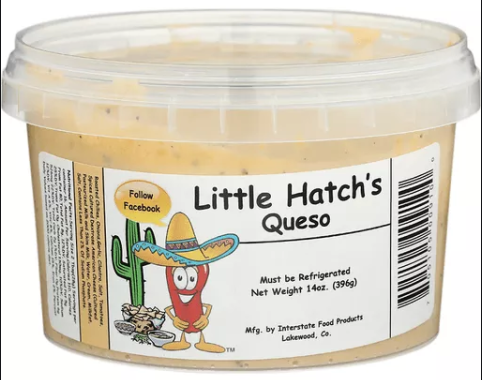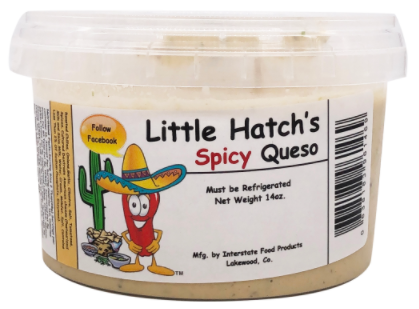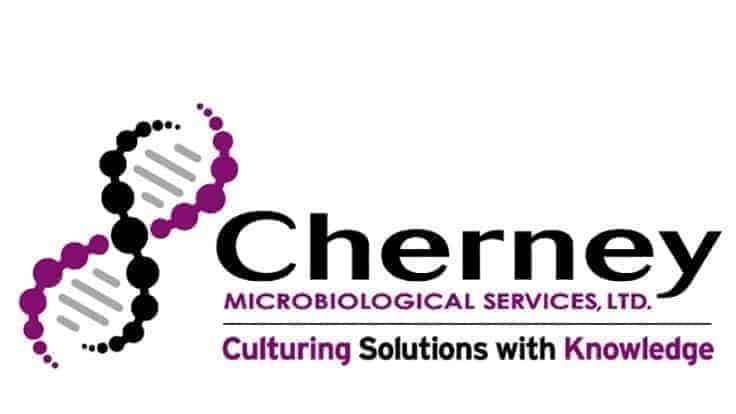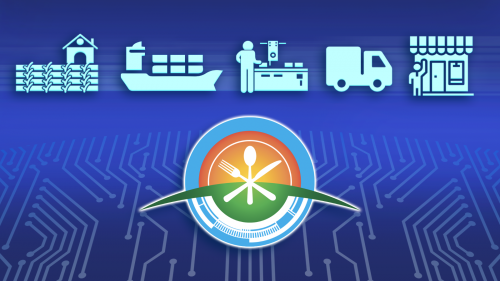Interstate Food Products (Lakewood, Colorado) recalled additional products (Jalapeno Cream Cheese, Queso, and Spicy Queso) because they could be contaminated with Listeria monocytogenes. The recalled items were distributed in Whole Foods Rocky Mountain Region and the Denver metro area for Natural Grocers. The product comes in a 13.5 -ounce, clear plastic package.
No illnesses have been reported to date in connection with this problem. After routine testing by the FDA, the potential for contamination revealed the presence of Listeria monocytogenes in 13.5-ounce packages of Little Hatches Jalapeno Cream Cheese, Queso, and Spicy Queso. @ https://www.fda.gov/safety/recalls-market-withdrawals-safety-alerts/interstate-food-products-recalls-little-hatches-jalapeno-cream-cheese-sell-date-521-and-queso-spicy?utm_medium=email&utm_source=govdelivery





